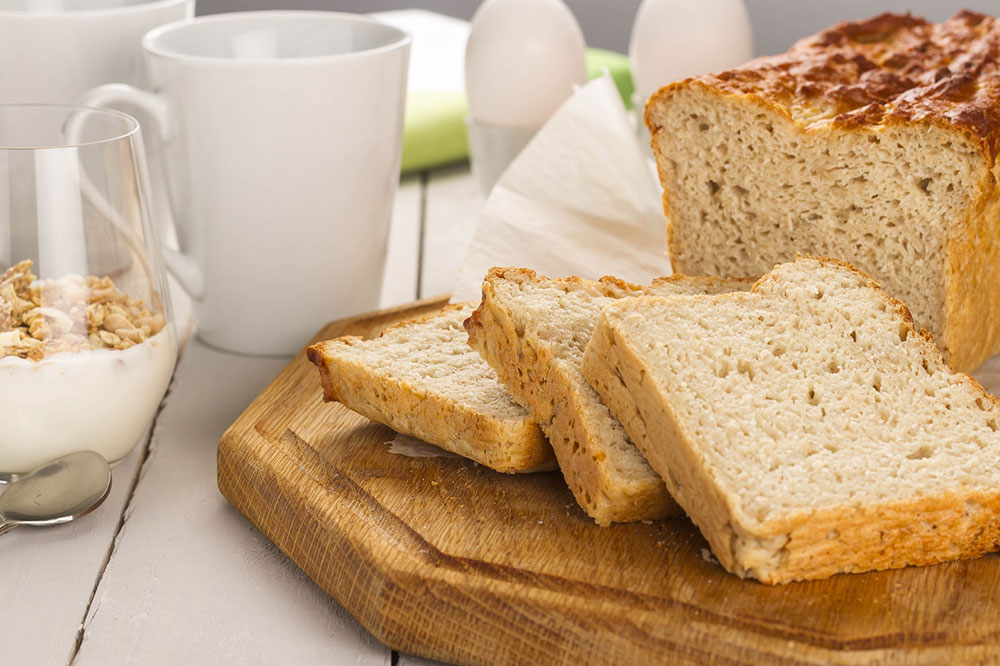
Avoid These Foods to Plan a IBS-friendly Diet
Irritable bowel syndrome (IBS) presents discomforts that one might experience in the lower bowel or colon area. The symptoms vary from mild bloating and gassiness to more severe diarrhea or constipation that affects natural bowel movements. For people who suffer from common discomforts associated with IBS, the foods they eat and more importantly avoid, play a critical role to manage the disorder.
The following are the foods to avoid for IBS to plan a healthy trigger-free diet.
Dairy products
Lactose intolerance is one of the most common problems associated with irritable bowel syndrome. Note that IBS presents a mix of discomforts that cause problems in one’s digestive tract. So there is no telling which dairy products can trigger intolerance. To stay safe, one must avoid and limit the consumption of soft dairy products including milk, cottage cheese, cream cheese, and sour cream. Limit ice cream intake as it is also high in lactose and can cause intestinal problems of bloating, gas, or abdominal pain. This is done to ensure there is no chemical imbalance in the lactase enzyme produced by the intestines to process the sugars in the dairy. The inability to do so causes an intolerance. Popular alternatives for a lactose-friendly diet include soy milk, rice milk, and oats milk.
Fruits and vegetables
There are some fruits that are high in fructose, which can trigger gas, bloating, and other discomforts. All these are also common symptoms that affect the gastrointestinal tract. So among common foods to avoid for IBS, one must exclude high-fructose fruits like apples, pears, various stone fruits, and watermelons. It is also a good idea to limit the consumption of concentrated fruit juices owing to high levels of sugar fructose. Alternatives that work include bananas, grapes, oranges, kiwi, and berries that are rich in antioxidants including blueberries, cranberries, and strawberries. Among veggies that form part of the daily diet, avoid including cruciferous options like sauerkraut, coleslaw, cauliflower, cabbage, and broccoli. Cruciferous veggies trigger gas due to the high amount of sulfur found in them. In the alternative, one can replace them with eggplants, spinach, sweet potatoes, squash, and zucchini.
Caffeine
Coffee is undoubtedly popular and helpful for those who put in long hours of work. The active stimulant helps one stay awake and feel energized for a greater part of the day. However, for people who may suffer from symptoms of irritable bowel syndrome, especially diarrhea, should avoid drinking the beverage. Coffee can trigger frequent bouts of diarrhea that only add to one’s troubles associated with digestive tract disorder. Among common foods to avoid for IBS, one must also refrain from beverages that have a caffeine base including colas and soft drinks.
Sweetened products
Processed sweets, candies, chocolates, chewing gums, and anything sweet that one might take off the shelves in the supermarket are among foods to avoid for IBS. Most of these foods are made with artificial sweeteners that trigger bloating and gas in the GI tract causing immense discomfort.



